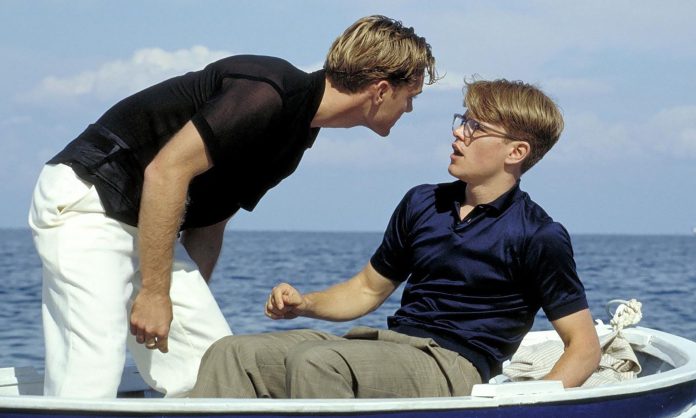In a post on CrimeReads, Jennifer Lynn Alvarez says that morality is the beating heart of thriller stories, even though their characters act immorally. “Thrillers fling straight and piercing arrows into the heart of morality itself,” she says. “How? By displaying catastrophic consequences for ‘bad’ behavior.” When a character makes a moral mistake, the consequences are life changing or even deadly.
For example, in the film Fatal Attraction, Michael Douglas’ character is repeatedly punished for his extramarital affair with the unhinged Alex, played by Glenn Close. In Patricia Highsmith’s The Talented Mr. Ripley, Tom Ripley obtains wealth and avoid consequences for murder, but never obtains the respect and acceptance he craves. “Tom is afraid of being exposed for what he is—an unlikeable loner and a fraud,” Alvarez says. “While Tom’s violence keeps him safe from arrest, it is at the expense of what he wants most, because he must become Tom Ripley once again.” In the end, his murders gained him nothing. “The moral lesson is that murder intensifies human isolation,” Alvarez explains. “This isolation condemns Tom worse than any prison sentence would.”
Do these stories scare our readers straight? Hard to say, but they remain popular. Alvarez also observes that thriller morality is essential conservative. “Thrillers hold sacred the family unit, honesty, first wives, virgins, faithful spouses, and animal lovers,” she says. “Yet these conservative messages are sold to us in sexy, immoral packages, utilizing R-rated lessons to promote G-rated behavior.”
In the end, thrillers throw out the readers’ expectations, because they often require sympathy with a criminal. In fact, the most important character might be your reader. “The closer a reader aligns with the moral messaging of a story, the more thrilling that story should read for them,” Alvarez says. “If this is true, then one could argue thriller readers are, at large, a wholesome bunch.”












